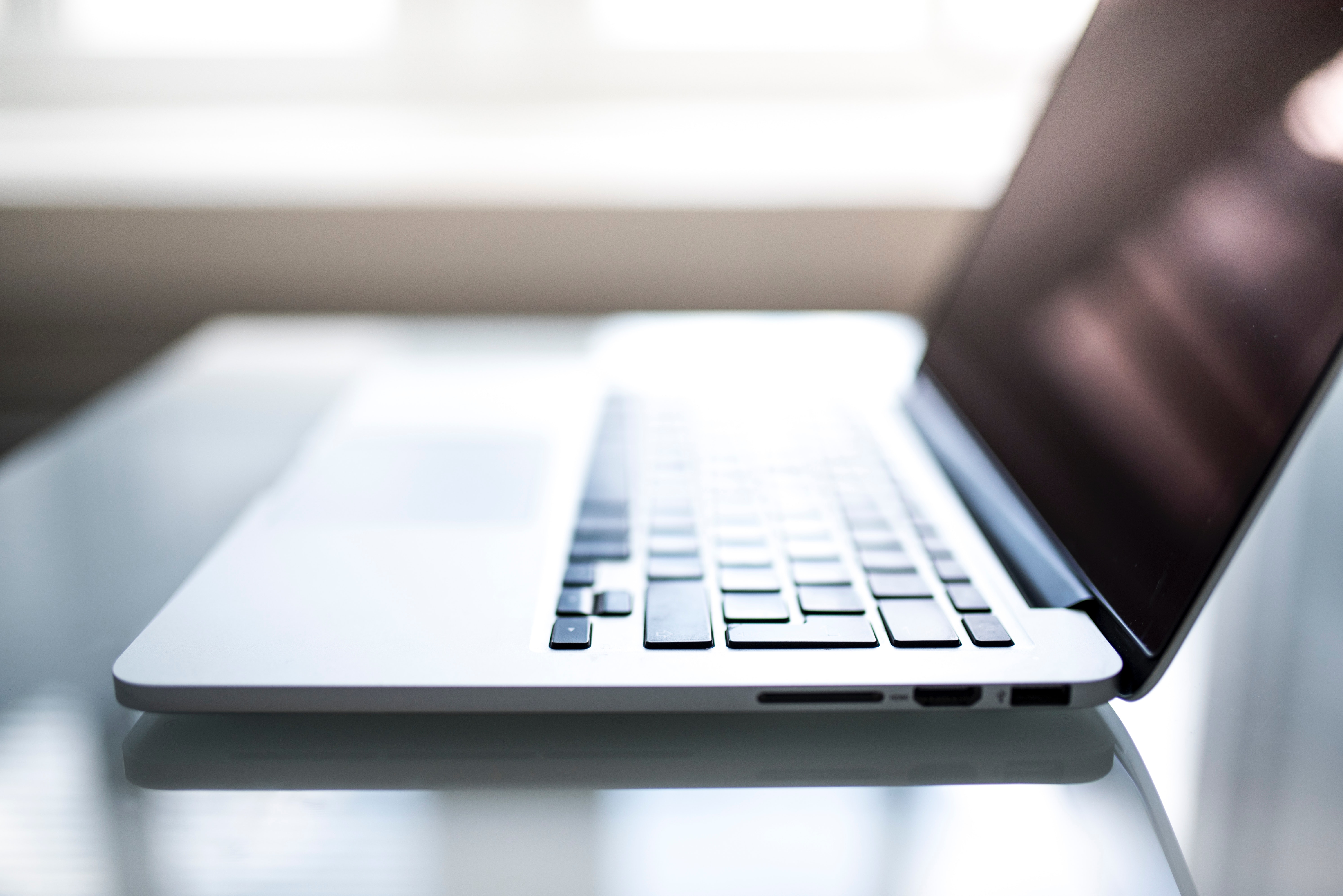Should You Shut Down, Sleep, or Hibernate Your Computer?
Shutting your computer down conserves the most energy when you step away. This closes your current apps or documents that were in use and shuts down your operating system. The downside however is waiting for your system and startup programs to reload. The best scenario to use a power-off state is when you’re stepping away from your laptop for a good amount of time. Remember that restarting your computer is the same as shutting it down but instead of remaining off, it powers your laptop back up instantly.
Putting your computer to sleep allows your laptop to enter a low-power state due to the fact that apart from the apps and documents you left up, other parts of your laptop won’t use any power. This option allows for you to come back to your computer with everything exactly how you left it. This state is best for when you have to do something momentarily but will be back soon after.
When you choose to hibernate your laptop, your current apps and documents are saved to the computer's hard drive so when you are ready to power up, everything is where you left it. Hibernation takes longer to start up than sleep mode but also saves more battery life. It is smartest to use this when you are finished using your laptop for the day and will resume the following morning or afternoon.





.png)